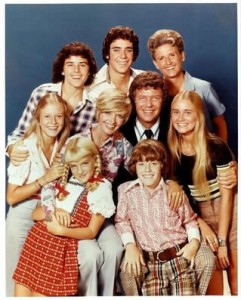Owning and operating your own business is an exciting venture, but it can present you with challenges when you are unwilling or unable to continue managing the business. If you are considering passing the company on to your children or grandchildren, make sure you put some time into the planning process so that the transition is as smooth as possible.

(Photo Credit: Darlingonlinemarketing.com)
Start Early
The best recommendation for succession planning is to start five years in advance of when you might need an exit strategy. Many people make the mistake of assuming that they will only need to consider this need later in life. With rising numbers of people impacted by a disability, succession planning is something you should consider early. Getting the planning done well in advance gives you room to alter your plan if needed. Throughout this process, keep your family members engaged in the conversation so that relevant individuals understand their role.
Consider Options
While you have many options as a business owner, you should consider the talent of your children and grandchildren in order to decide how they might fit into the bigger picture. It’s critical that you are realistic about this decision. While it’s important for whoever takes over for you to have the passion and interest in running the business, you should also evaluate business skill and potential in making your decision. If you have several children, it may not be feasible for them to each own an equal portion of the company. In this circumstance, you should plan to transfer the whole business to a child who wants to follow you as the owner. Other assets can then be transferred to other children. This may be the most effective move for your business and future family harmony, too.
Plan For Existing Employees
Unless you are the sole person managing a company, it’s likely you have a team behind you. Make sure you have considered what will happen to these employees after you go as well. Will then be incorporated into the transition phase? Are there key employees who could help your children understand the big picture and smaller operational issues as well? Remember that in the event of a major disruption in a company such as the departure of a longtime leader, key employees may not want to stay. Having a conversation with them about your succession plans, as well as providing incentives for them to stay, may be in your best interest. Keeping valuable and knowledgeable employees on the team after you leave will make the transition easier for all and is less likely to cause financial issues for your business.
Train and Document
Once you have decided the best approach for your planning, train those individuals that will play a role at the time of your departure. Keep them clued in to vital issues. Remember that it’s much easier to update your succession planning once it has been documented. Working with an experience estate planning attorney will give you confidence and peace of mind about your decision.








